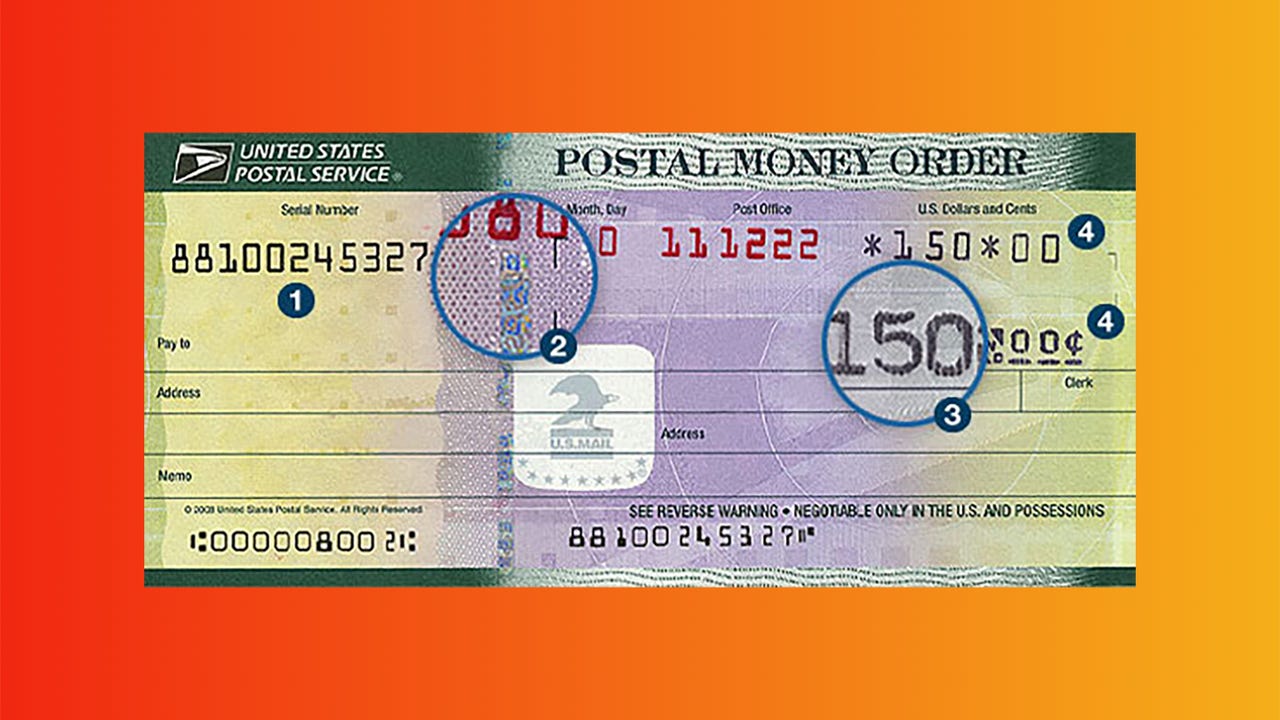'ZDNET Recommends': What exactly does it mean?
ZDNET's recommendations are based on many hours of testing, research, and comparison shopping. We gather data from the best available sources, including vendor and retailer listings as well as other relevant and independent reviews sites. And we pore over customer reviews to find out what matters to real people who already own and use the products and services we’re assessing.
When you click through from our site to a retailer and buy a product or service, we may earn affiliate commissions. This helps support our work, but does not affect what we cover or how, and it does not affect the price you pay. Neither ZDNET nor the author are compensated for these independent reviews. Indeed, we follow strict guidelines that ensure our editorial content is never influenced by advertisers.
ZDNET's editorial team writes on behalf of you, our reader. Our goal is to deliver the most accurate information and the most knowledgeable advice possible in order to help you make smarter buying decisions on tech gear and a wide array of products and services. Our editors thoroughly review and fact-check every article to ensure that our content meets the highest standards. If we have made an error or published misleading information, we will correct or clarify the article. If you see inaccuracies in our content, please report the mistake via this form.
Money order vs. cashier's check: What's the difference?


Money order or cashier's check helps when you need money in a flash and a traditional check just won't do. But what is the difference between the two?
Here we help break down the difference between a money order and a cashier's check so you can make the right decision for your finances, whether you are buying a new home or sending your kid sister birthday money.
What is a money order?
A money order is a paper certificate from a financial institution that is used to pay another party in cash. Because it is issued by an official bank or institution, it is a guaranteed form of payment that is generally accepted instead of a check or cash payment.
It does function like a check in some ways, though. The payee is the person that receives the funds, while the payer has the opportunity to stop payment if needed. Anyone can get a money order, regardless of whether there is an open account or not.
What is a cashier's check?
A cashier's check is different because it is a check guaranteed and drawn directly from a bank's own account. This means that you generally need to have a bank account to help secure the funds.
Because it is issued directly by a bank, a cashier's check is issued and signed by a bank's teller or cashier, making it official. This is why it is a popular choice for larger payments because it is significantly safer than cash and is accepted instead of a check payment by most people.
Also: What is a cashier's check? Definition, cost, uses, and how to get one
What is the difference between a money order and a cashier's check?
There are several pros and cons for money orders versus cashier's checks that may be worth your consideration:
Pros and cons of a money order
A money order is a great option when you need to make smaller purchases. Because it is a smaller amount, it is often cheaper than the cost of a cashier's check and usually does not require a new account.
Just be sure that you can keep the total amount under $1,000 and account for any fees you may encounter. You also want to keep track of the transaction, safely storing the receipt until everything is completed because it is otherwise untraceable.
Pros and cons of a cashier's check
A cashier's check may require opening a new banking account; a money order may be your best bet because there are rarely new account requirements.
Money Order | Cashier's Check |
Pros
| Pros
|
Cons
| Cons
|
Should I choose a money order or a cashier's check?
A cashier's check can help with everything from buying a vehicle to selling your home. It can also serve as a deposit for your lease or as repayment for a loan. There are countless opportunities to use a cashier's check, although it is missing the anonymity of a money order and instead displays your account details on the check itself.
A money order works differently. With its $1,000 requirement, a money order is a great solution to a number of scenarios. Because it is limited in its amount, it is ideal for your monthly rent or the deposit for a used car. It is also often used to send money to friends and family or to make small purchases. Discrete and private, a money order is an excellent solution for those without a bank account. It is a great way to keep your private information secure by skipping the personal check with all of your account numbers on it.
The bottom line
When it comes to money orders versus cashier's checks, it all depends on your specific needs. If you can do without the extra security protocols, a money order could be a greater solution for those smaller purchases. However, if you plan to make a large payment and need something more secure with greater flexibility,
Either way, both are crucial financial tools that will no doubt come in handy in many a lifetime.